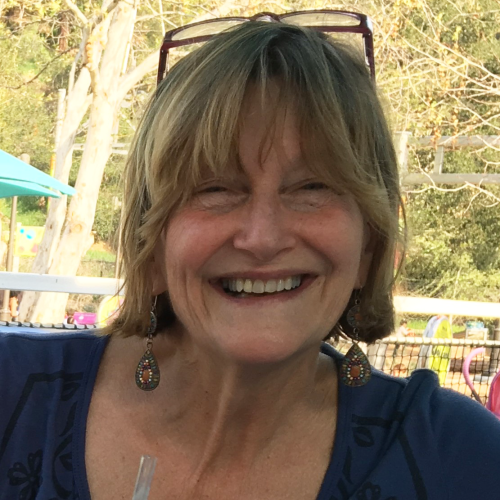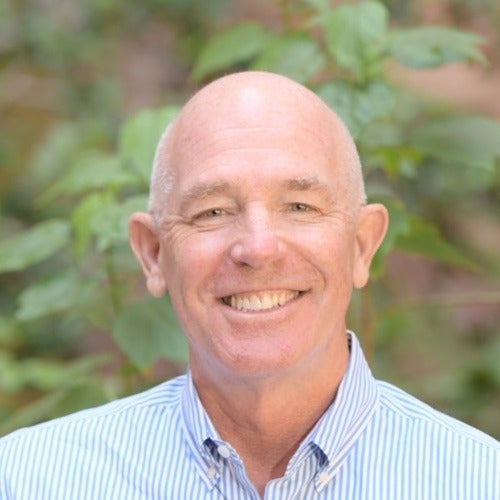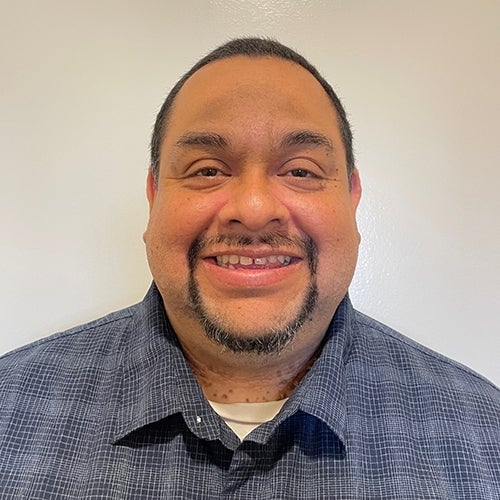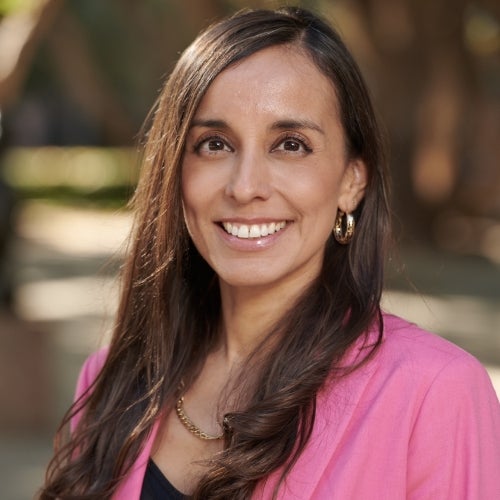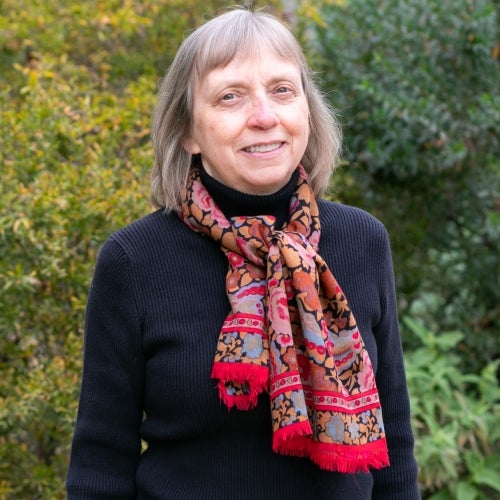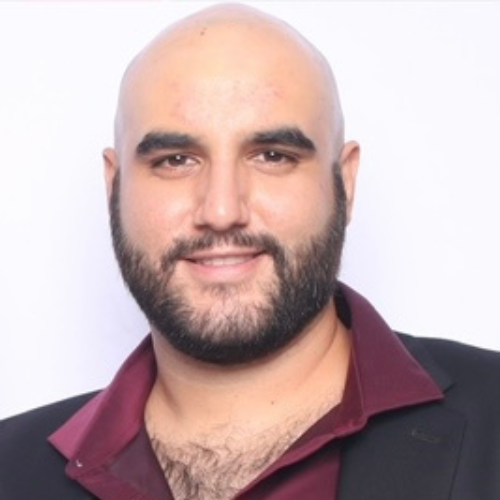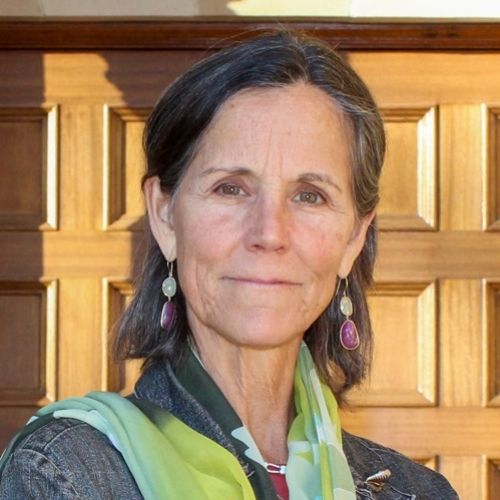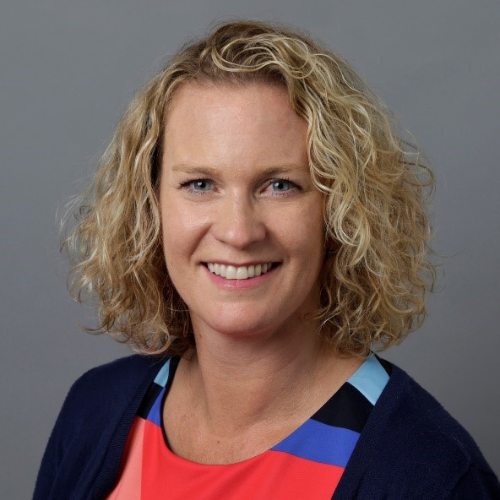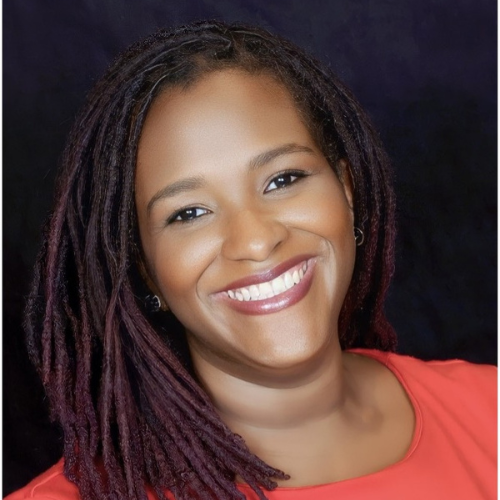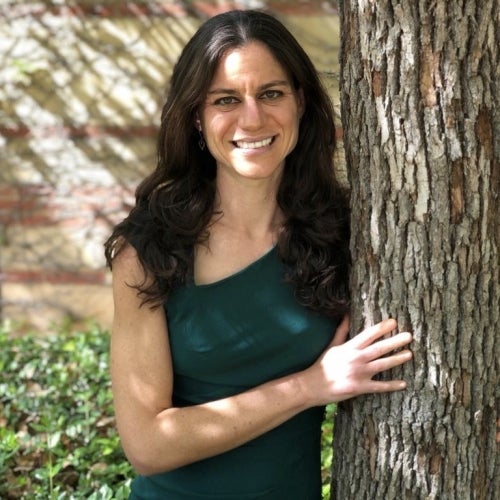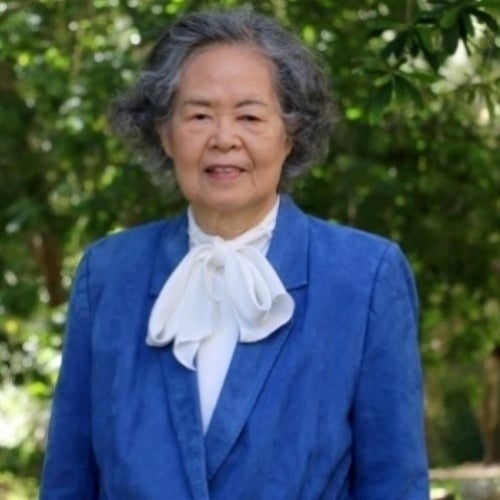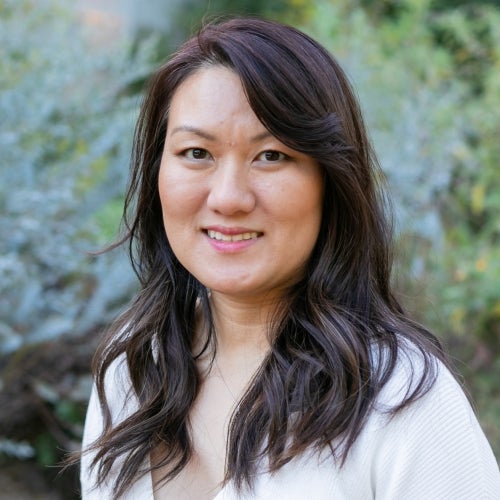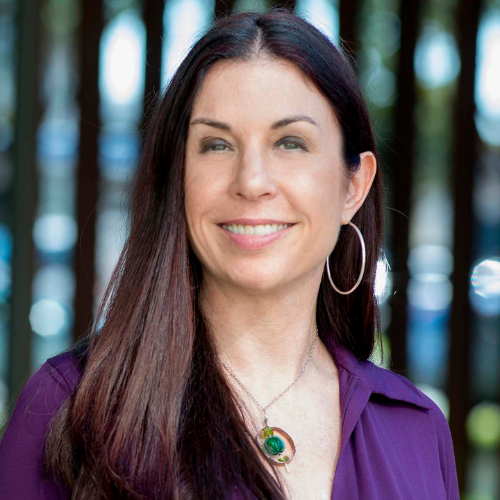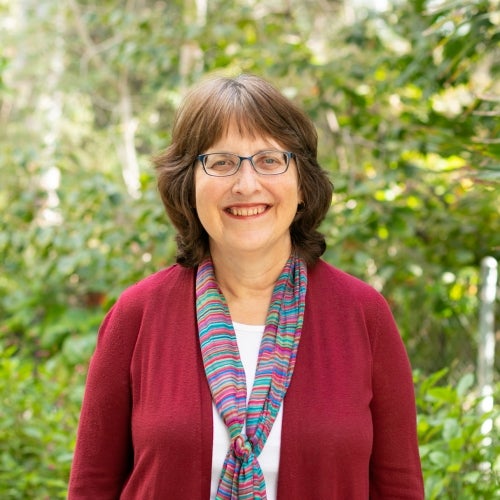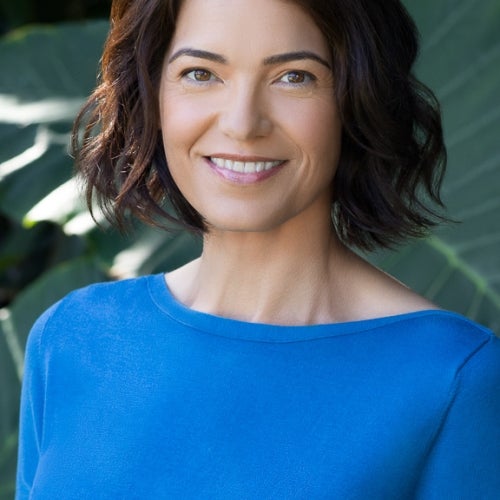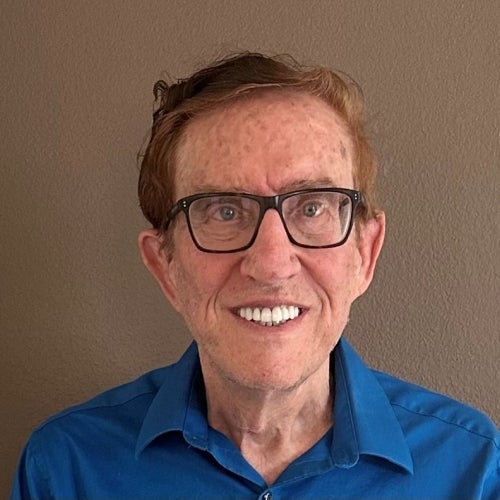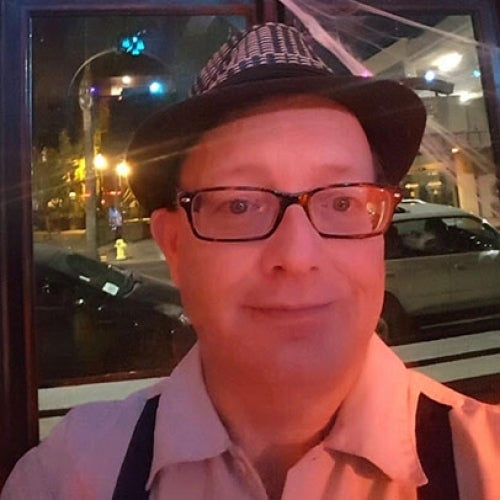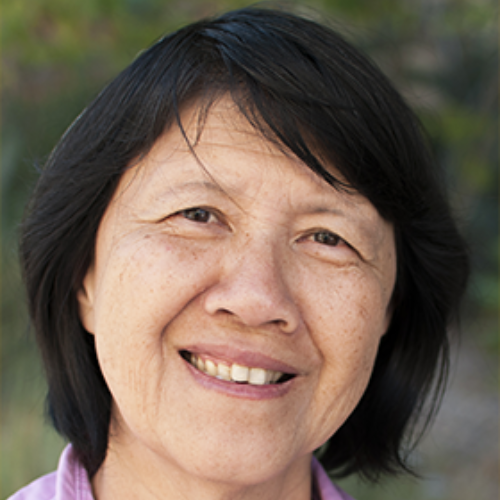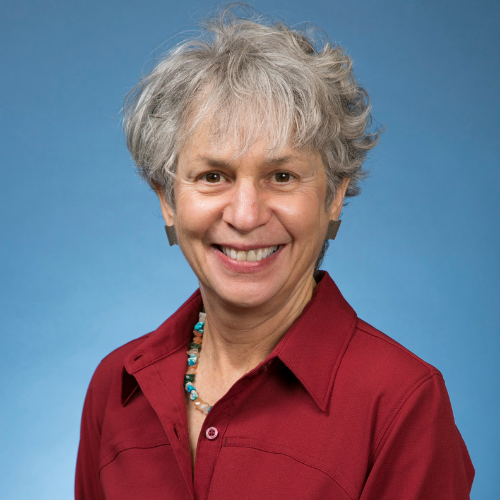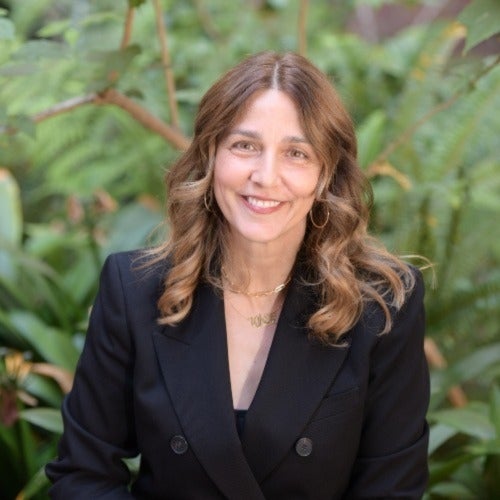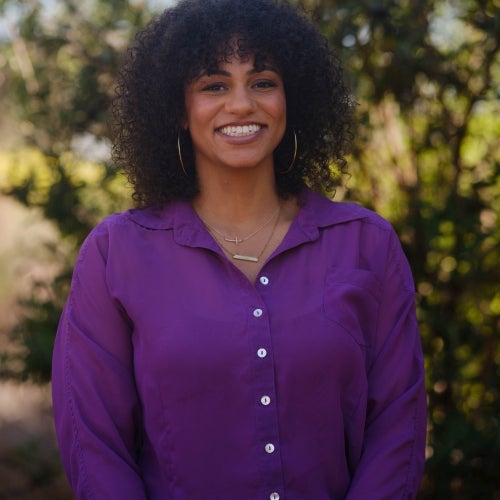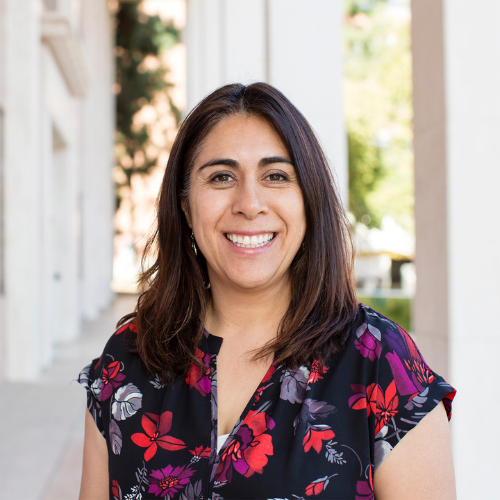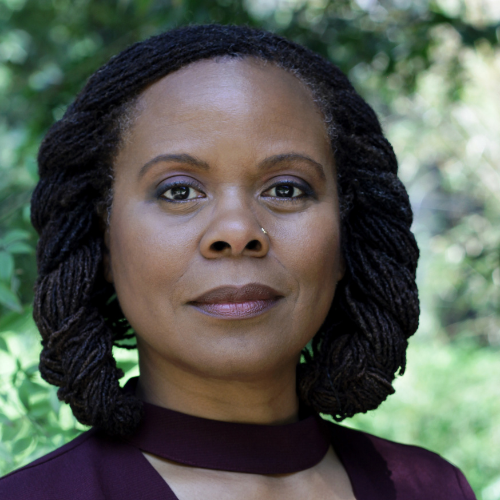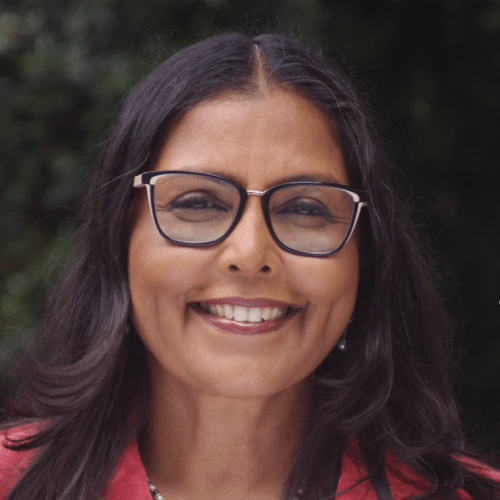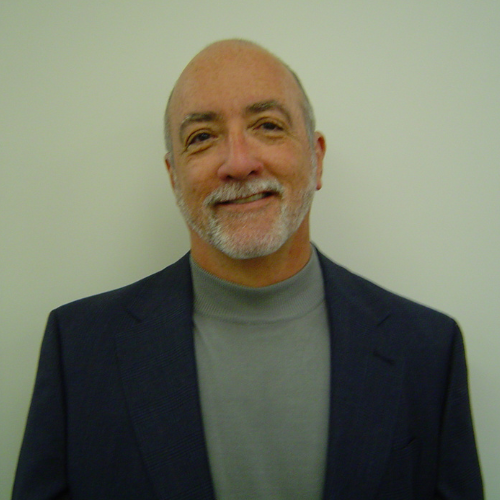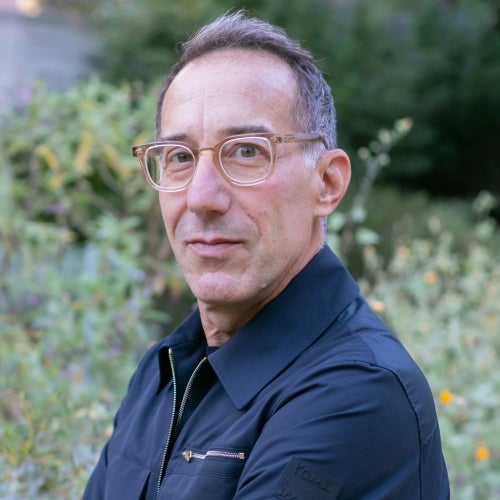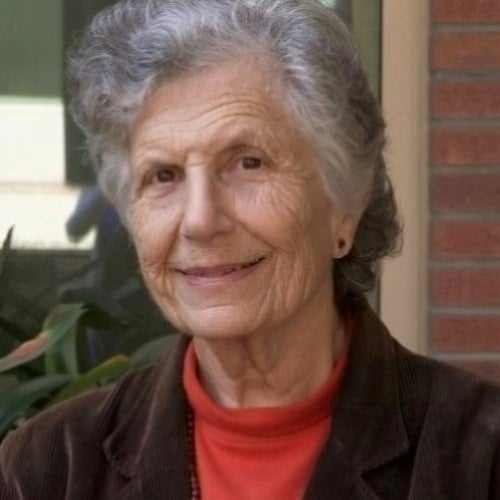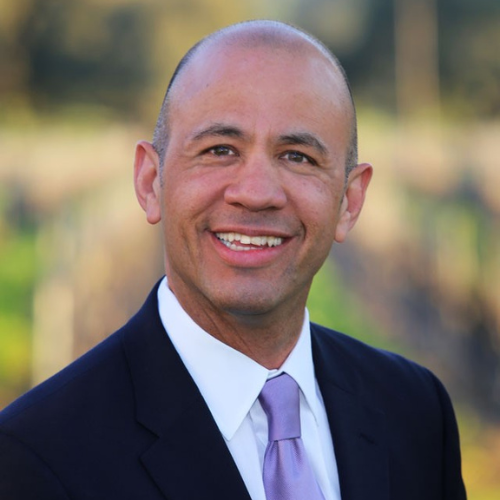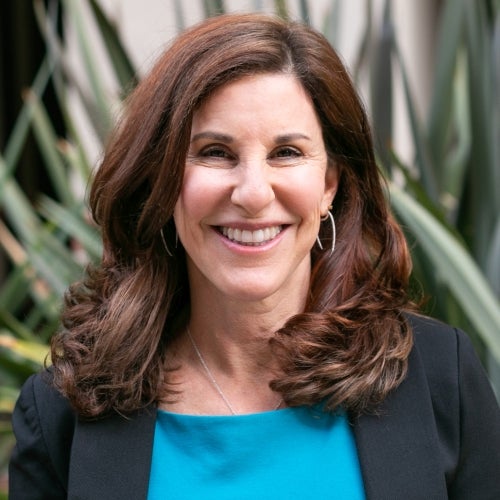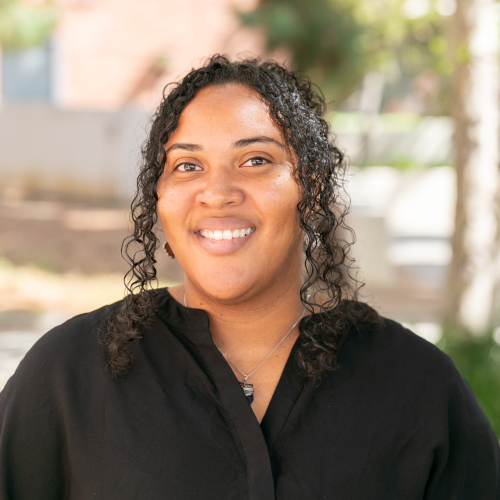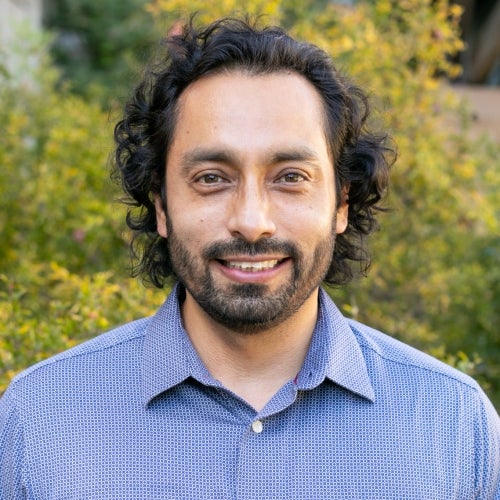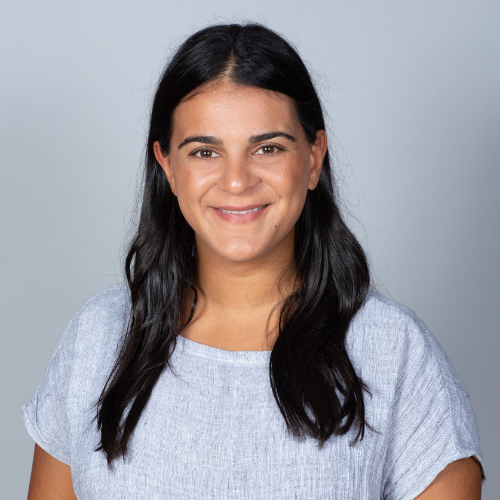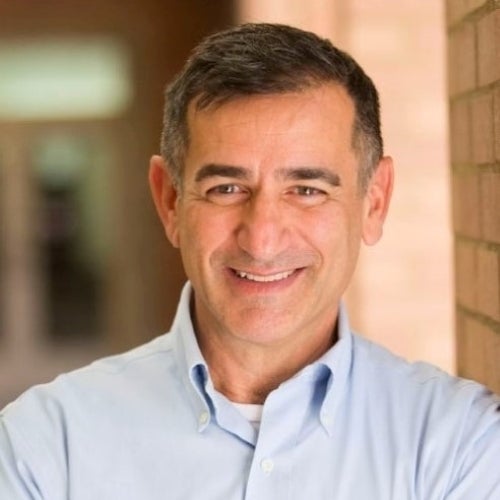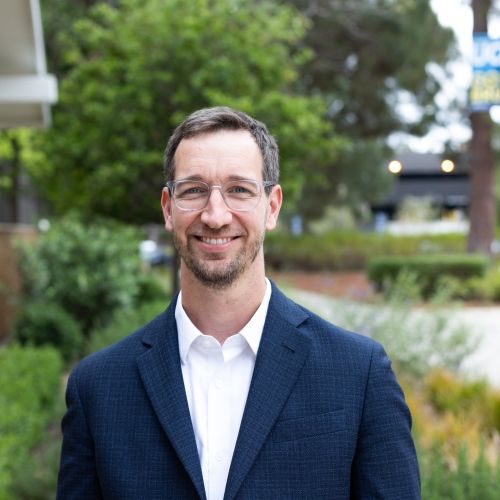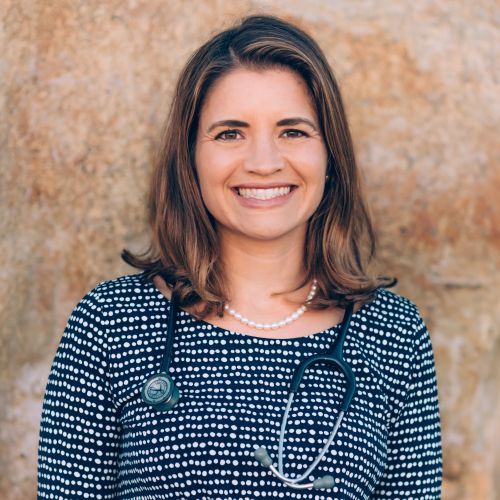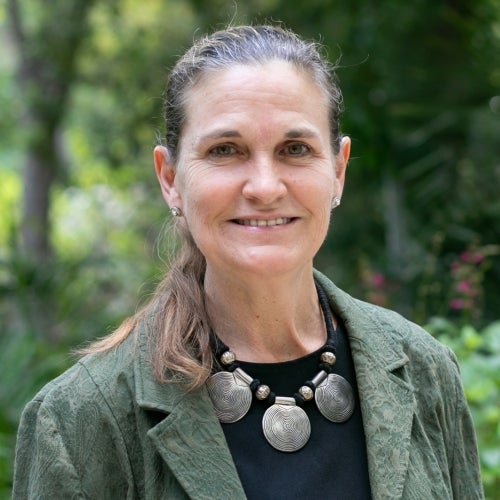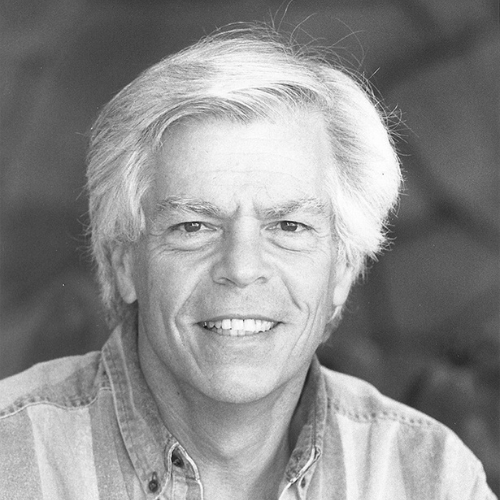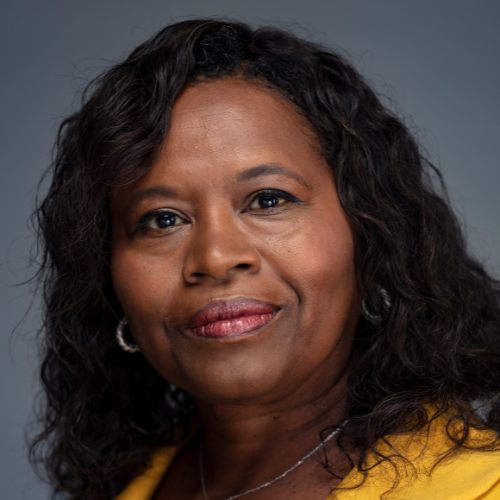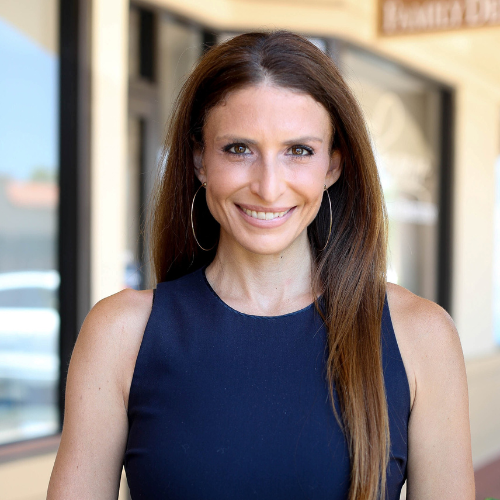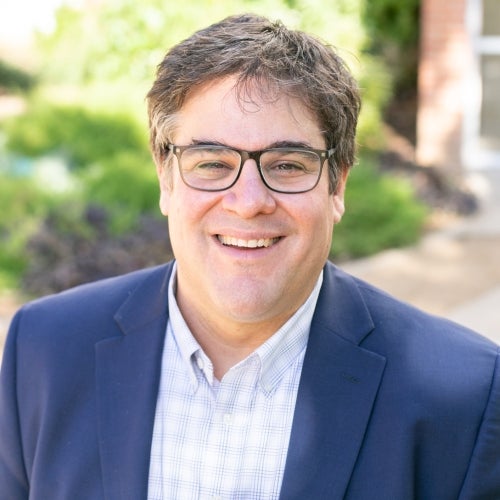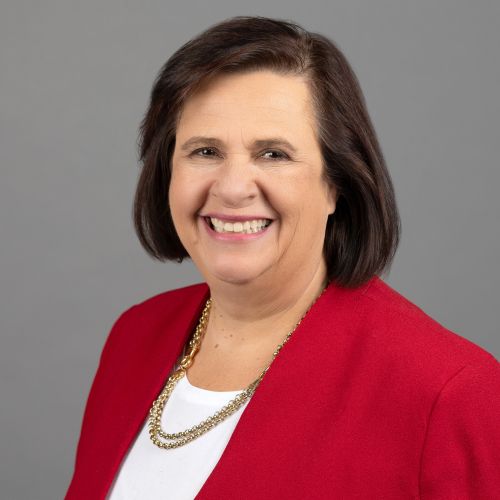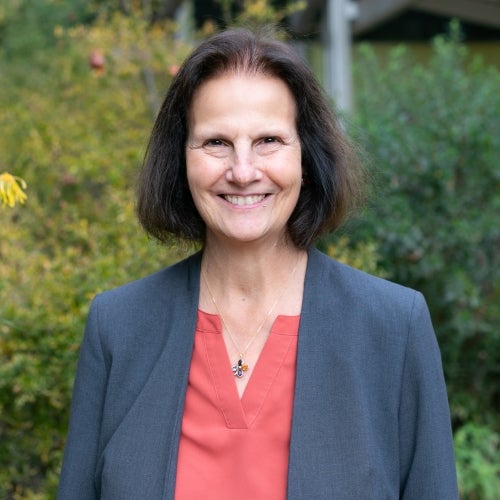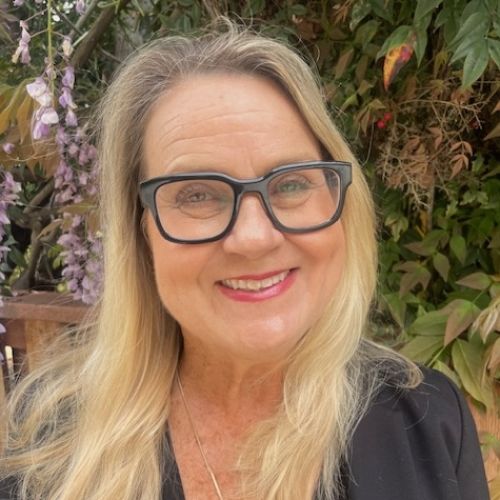Dramatic Improvement
An FSPH team is assessing the ability of a popular TV series in West Africa to change health-related norms and behaviors.

PRODUCED IN SENEGAL and popular through much of West Africa, the TV series C’est la Vie (That’s Life) takes place in the fictitious Ratanga health clinic and features storylines about the lives of the midwives who staff it. But in addition to following the dating twists and office politics involving the main characters, viewers are exposed to a hefty dose of public health messaging on topics involving maternal and child health, sexuality and reproductive rights, gender violence, and female genital mutilation, to name a few.
For Réseau Africain d’Education en Santé (RAES), a nongovernmental organization based in Dakar, Senegal, the compelling storylines of C’est la Vie are in the service of reaching viewers in ways that advance public health through changed knowledge, attitudes, and behaviors. A group of Fielding School faculty and an FSPH alumnus now at Drexel University have served as technical advisers to RAES and the program’s producer, Alexandre Rideau, and have begun evaluating the impact of C’est la Vie, two seasons in.
The FSPH team, led by Deborah Glik, professor of community health sciences, has had a long association with Rideau — having collaborated with him on research to better understand the effective use of entertainment to communicate health messages, as well as connecting him with TV-industry professionals.
“Alex is working closely with professional screenwriters, directors, and actors from French West Africa, where there is a burgeoning television industry,” says Glik, a longtime leader in working with the Hollywood community to use the medium as a vehicle to promote public health. “The result is a show that is carefully and thoughtfully produced, and we know from past research in Hollywood that this approach leads to storylines that resonate with viewers and therefore have significant impact.”
As they embark on studying C’est la Vie’s influence in Senegal and Côte d'Ivoire, Glik and her colleagues — including FSPH faculty members Michael Prelip, Jessica Gipson, and Roch Nianogo, along with Philip Massey (MPH ’09, PhD ’13), an associate professor in Drexel’s School of Public Health — are testing the hypothesis that communicating health messages through the popular series will prove more impactful than simply delivering them through a public service announcement or other traditional health-education venues. “The idea is that when the audience relates to the characters and receives these messages through a story that hooks them, the messages are better internalized,” Prelip says. With three years of funding from the Gates Foundation, the FSPH-led team is evaluating C'est la Vie’s impact through a combination of opinion polling, surveys, social media surveillance, and focus groups. “We have seen many examples in the U.S. of the power of popular media to effect societal change,” says Glik, who cites a late- 1980s initiative by NBC, in affiliation with Harvard’s School of Public Health, to insert storylines on the dangers of drinking and driving into its programming, which changed public attitudes and led to a significant reduction in drunk-driving deaths. Since that time, Glik notes, many health issues have been tackled by television, both in the U.S. and globally. “A program such as C'est la Vie has the potential to change social norms.”
Faculty Referenced by this Article

Academic Personnel Coordinator/Assistant to the Chair
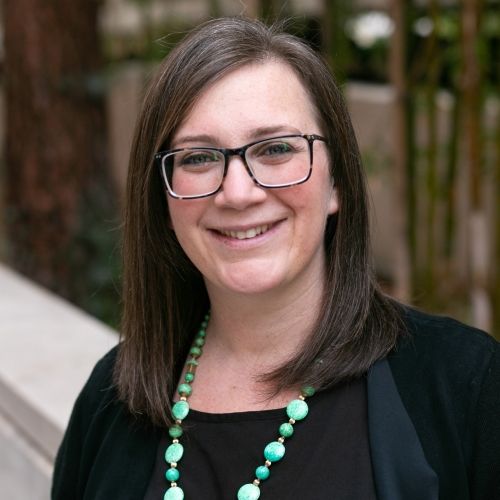
Director of Field Studies and Applied Professional Training
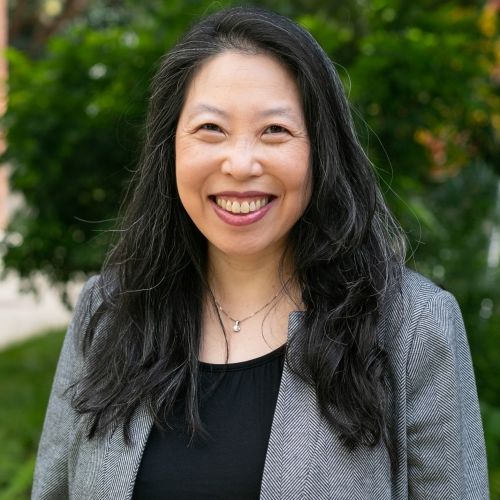
Assistant Dean for Research & Adjunct Associate Professor of Community Health Sciences

Professor of Community Health Sciences & Health Policy and Management, and Associate Dean for Research

Robert J. Kim-Farley, MD, MPH, is a Professor-in-Residence with joint appointments in the Departments of Epidemiology and Community Health Sciences
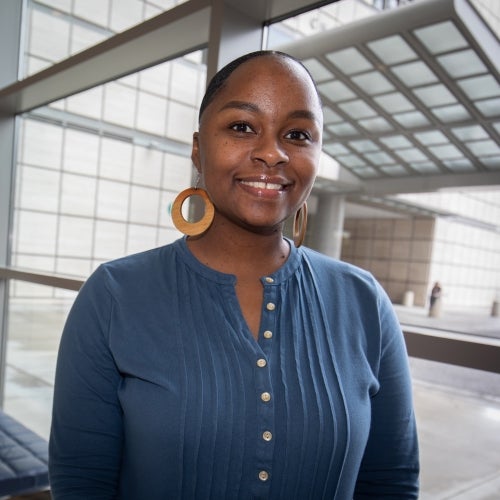
Assistant Director, MPH for Health Professionals Program

Assistant Dean for Research & Adjunct Associate Professor of Community Health Sciences

Director of Field Studies and Applied Professional Training

Professor of Community Health Sciences & Health Policy and Management, and Associate Dean for Research

Robert J. Kim-Farley, MD, MPH, is a Professor-in-Residence with joint appointments in the Departments of Epidemiology and Community Health Sciences
